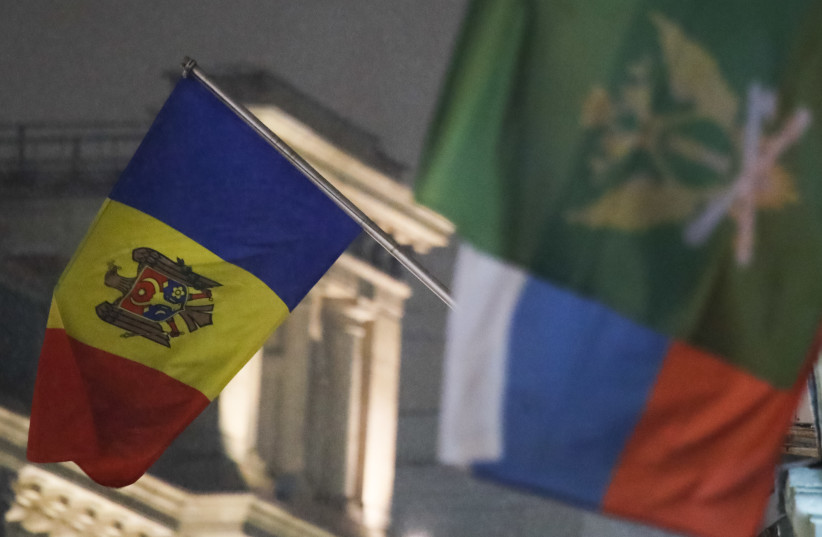On Tuesday, Moldova's Constitutional Court ruled against the government's ban on oppositional candidates, marking another significant blow to the ruling party. The Court declared the legislation aimed at disqualifying individuals associated with the SHOR party from participating in elections for the next three years.
The SHOR party, run by Ilan Shor as President and Maria Albot as General Secretary, is a populist party that was previously dissolved in June after it was accused of trying to lead Moldova into bankruptcy as well as for "buying" voters. The party is named after Ilan Shor, a Moldovan businessman living in exile in Israel.
Despite earlier attempts to restrict their participation in elections, it has invalidated the party's measures, reaffirming the country's democratic principles.
The ongoing legal battle, spearheaded by former members of the SHOR party and their legal time, highlights the 'unconditional nature" of the legislation, citing vagueness, imprecision, disproportionality, and lack of foreseeability.
International groups express concern
Various international bodies, including the Venice Commission and the Organization for Security and Cooperation in Europe (OSCE), criticized the SHOR party's ruling.
Both organizations urged Moldova to reconsider its approach, emphasizing the need to respect fundamental democratic principles. Responding to the Court's ruling, the Shor party's legal representatives expressed satisfaction with their decision, stating that it upheld citizens' rights.

"The Constitutional Court's decision to strike down the unconstitutional law targeting oppositional candidates is a victory for democracy in Moldova," stated Aureliu Colenco, one of the legal representatives.
"We applaud the Court's dedication to upholding the rule of law and ensuring fair and transparent elections. This decision clearly conveys that attempts to undermine democratic processes will not be tolerated."
Amidst the Court's victory for democracy, concerns persist regarding the Sandu government's anti-democratic actions. The banning of opposition parties from participating in local elections, the crackdown on opposition activists, and the closure of 13 TV stations and media outlets not aligned with government policies represent anti-democratic norms.
